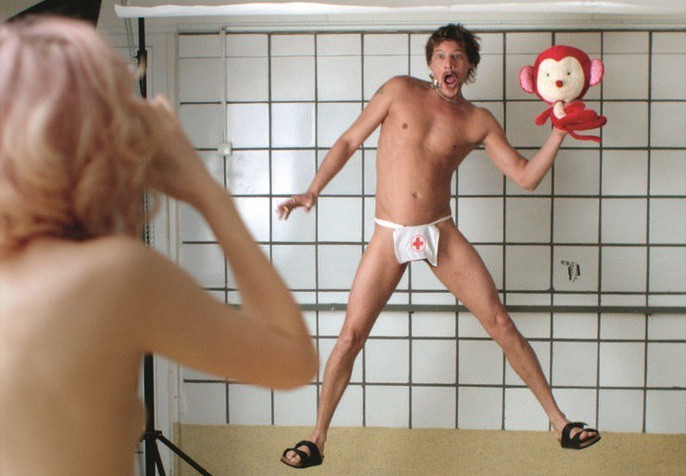Director and screenwriter Kasia Rosłaniec hails from Poland and studied at Warsaw Film School, where she completed the short film “Mall Girls” in 2006 as her thesis. “Mall Girls” received the Young Polish Cinema Jury Award at the Polish Film Festival and served as the foundation for Rosłaniec’s 2009 feature film of the same name. The director was honored with the Grand Prize Wielki Jantar for her work on the feature-length “Mall Girls.” Rosłaniec also wrote and directed the feature “Baby Blues” in 2012.
“Satan Said Dance” will premiere at the 2017 SXSW Film Festival on March 11.
W&H: Describe the film for us in your own words.
KR: It’s a portrait of Karolina, something like her profile on one of the social media services such Instagram or Facebook. Shots from her life are captured and put in there. They are separate but all together they make up her character, shape, interests, dreams, and fears.
If you put them in a different order, it’s possible to make 43 billion different films from these 54 two-minute scenes I filmed. When you show some scenes first and hide something for later, it will provide a different perspectiveon Karolina, and other characters, but finally, each of these movies will be the same portrait of that girl.
W&H: What drew you to this story?
KR: Actually, there is no story. And that’s exactly what drew me to make this film. To make a film where there’s no beginning and ending but where every single scene, which is a moment from Karolina’s life, is important. No matter what was before and what will be next. Maybe there is no “next.” You can die in every two minutes of your life. The point is to make every two minutes full and worthy of being captured and remembered.
W&H: What do you want people to think about when they are leaving the theater?
KR: Whatever they want.
W&H: How did you get your film funded? Share some insights into how you got the film made.
KR: I didn’t. My producer Piotr Kobus did it. It was his job and challenge because this movie wasn’t going to be widely accepted. So the point is to meet a good producer.
W&H: What does it mean for you to have your film play at SXSW?
KR: That’s just cool and great. It will be my first time there and I’m very curious but also excited cause I heard impressive and striking things about SXSW.
W&H: What’s the best and worst advice you’ve received?
KR: I don’t remember any advice. Bad memory, and I have problems with concentration. ADHD, you know…
W&H: What advice do you have for other female directors?
KR: I don’t know, maybe: Don’t wear high heels on set. I know one Polish female director who does it and it doesn’t work well for her movies.
W&H: Name your favorite woman-directed film and why.
KR: Agnès Varda comes to my mind as one of my favorite women directors. She’s brave and original.
W&H: There have been significant conversations over the last couple of years about increasing the amount of opportunities for women directors yet the numbers have not increased. Are you optimistic about the possibilities for change? Share any thoughts you might have on this topic.
KR: It doesn’t matter to me who makes a movie. I just love to watch good movies. I don’t care if the director is a man or a woman.
I also have no idea about numbers and statistics in any subject. Statistics suck. If there is one female director who will be a cinematic genius — original and independent like Lars von Trier — that will be awesome, not because she is a woman but because she is a great director.
Cinema doesn’t need more women or men, it needs visionaries and personalities.







